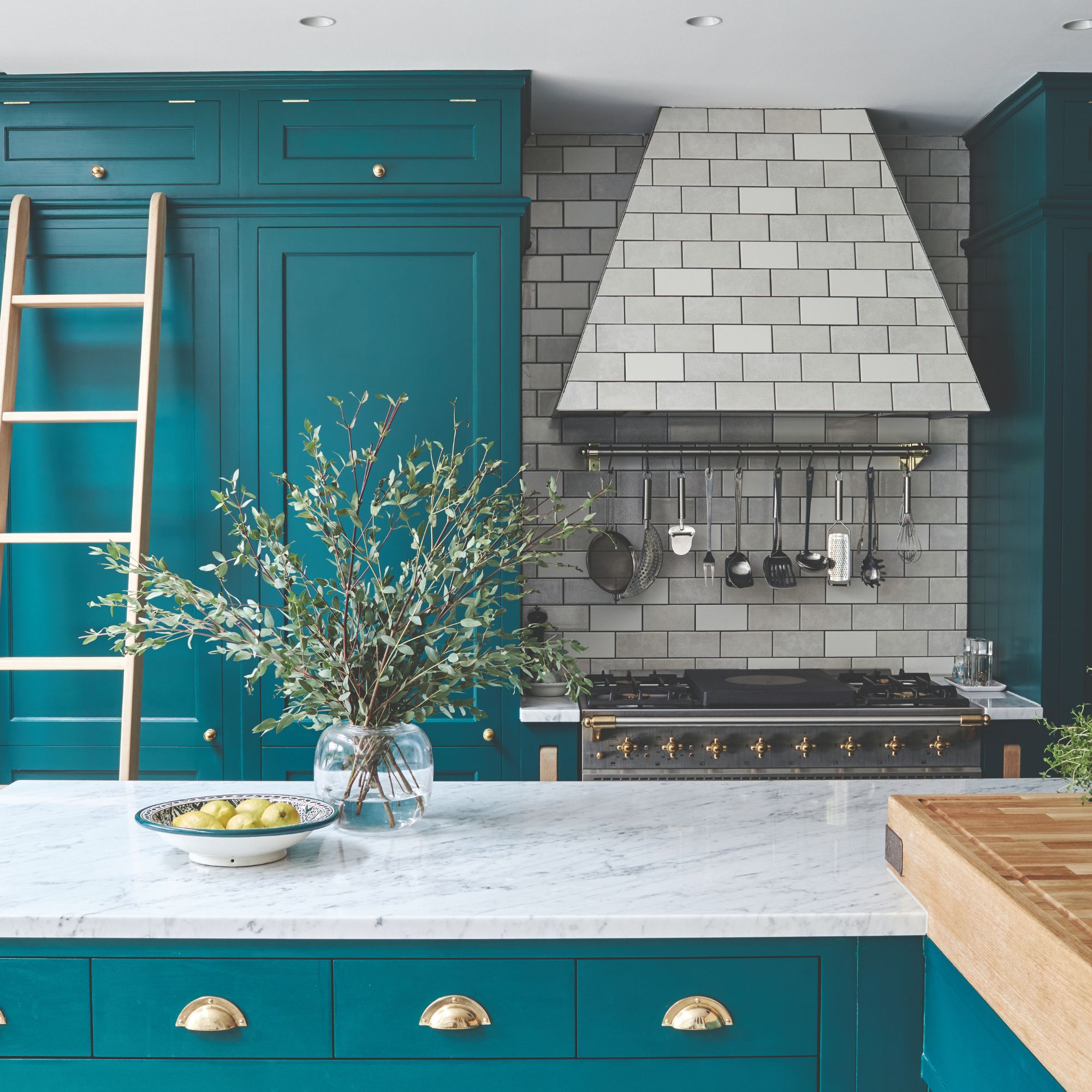
Finding a good builder is no easy task, and working together in harmony requires a specific set of skills. This is why choosing someone you feel comfortable with and who understands your requirements is crucial. However, even after finding the right person, there will inevitably be moments when questions, discussions, or even disagreements arise. Navigating these thoughtfully and ensuring that everything runs smoothly ultimately falls on your shoulders.
Whether you've employed them to build an extension and bring your extension ideas to life, or to tackle those home improvements that will add the most value, maintaining open and regular communication with your builder is essential. But there are a few conversational pitfalls to steer clear of as they could create unnecessary complications and strain your relationship with your builder.
1. 'Don't worry about a contract'
You might think the scope of work is small – compared to other projects your builder might have going on – however, having a contract in place is still absolutely essential.
‘A contract provides a clear framework including outlining who is doing the work, when it will be done, and how much it will cost. An agreed contract will provide peace of mind that can reduce the potential of any conflict,’ says Caroline Milns. head of interior design at Zulufish.
This document protects both you and the builder in case things take a turn for the worse. A written agreement ensures the builder completes the agreed tasks, while also preventing you from making unreasonable requests.

2. 'I don't need to check your previous work'
Certain home improvement projects, like adding an extension, come with large price tags, so it's important that you are happy with how the process goes and the end result. And the best way to do that is to speak to your builder's previous clients.
Your builder should be happy to put you in touch with other homeowners who can vouch for their work and how they behaved during the project. Did they turn up when they said they would? Did they tidy up at the end of each day? Does the final result meet the homeowner's expectations? Was it completed on time and within budget?
Make sure you take a look at the work in person too.
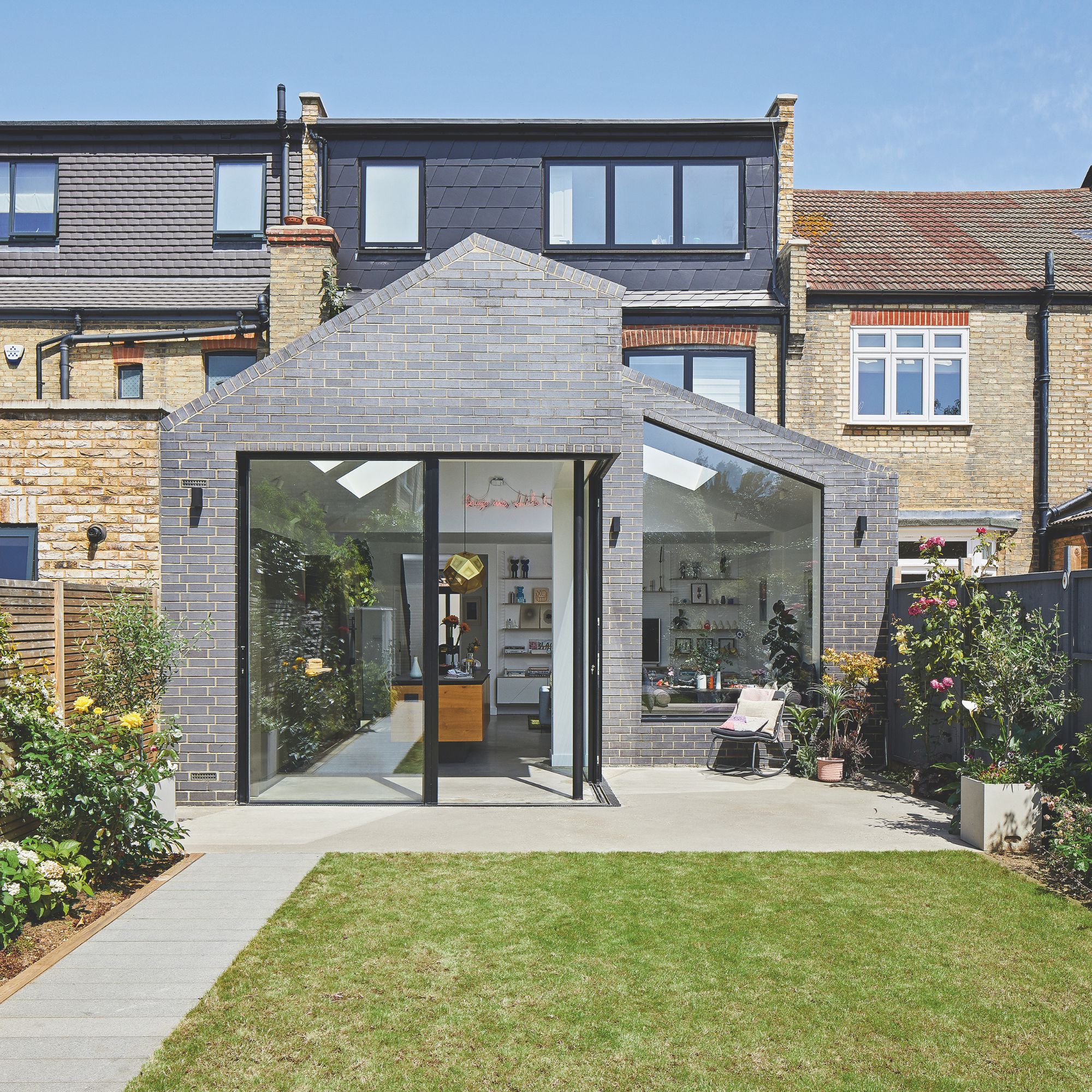
3. 'I don’t care about building regulations'
If you are looking for extension ideas for small houses, you might be able to complete these within the parameters of your Permitted Development (PD) rights. But if your project falls outside the scope of PD, you might think that swerving planning permission or even cutting corners when it comes to Building Regulations won't hurt, especially if it's good for your budget. But sadly this is not the case.
‘Overlooking regulations can lead to serious legal issues, delays, fines, and increased expenses. Not to mention criminal charges may apply if you don’t adhere to heritage regulations for Grade I, Grade II, or Monument-listed buildings. Builders and architects are committed to adhering to safety and compliance standards to protect both your interests and theirs, so respect the process and follow proper guidelines,’ advises Richard Misso, creative director of The Stylesmiths.
Also, you must account for insurance with a new building project. ‘A legitimate builder should be able to readily provide insurance details, and you should ask to see these before starting any construction or renovation work. This is essential to protect both yourself and your property from potential risks,’ advises Caroline. You should also speak to your own home insurance provider to see whether your proposed work may invalidate your current insurance policy, and whether you need specialist extension or renovation insurance instead.
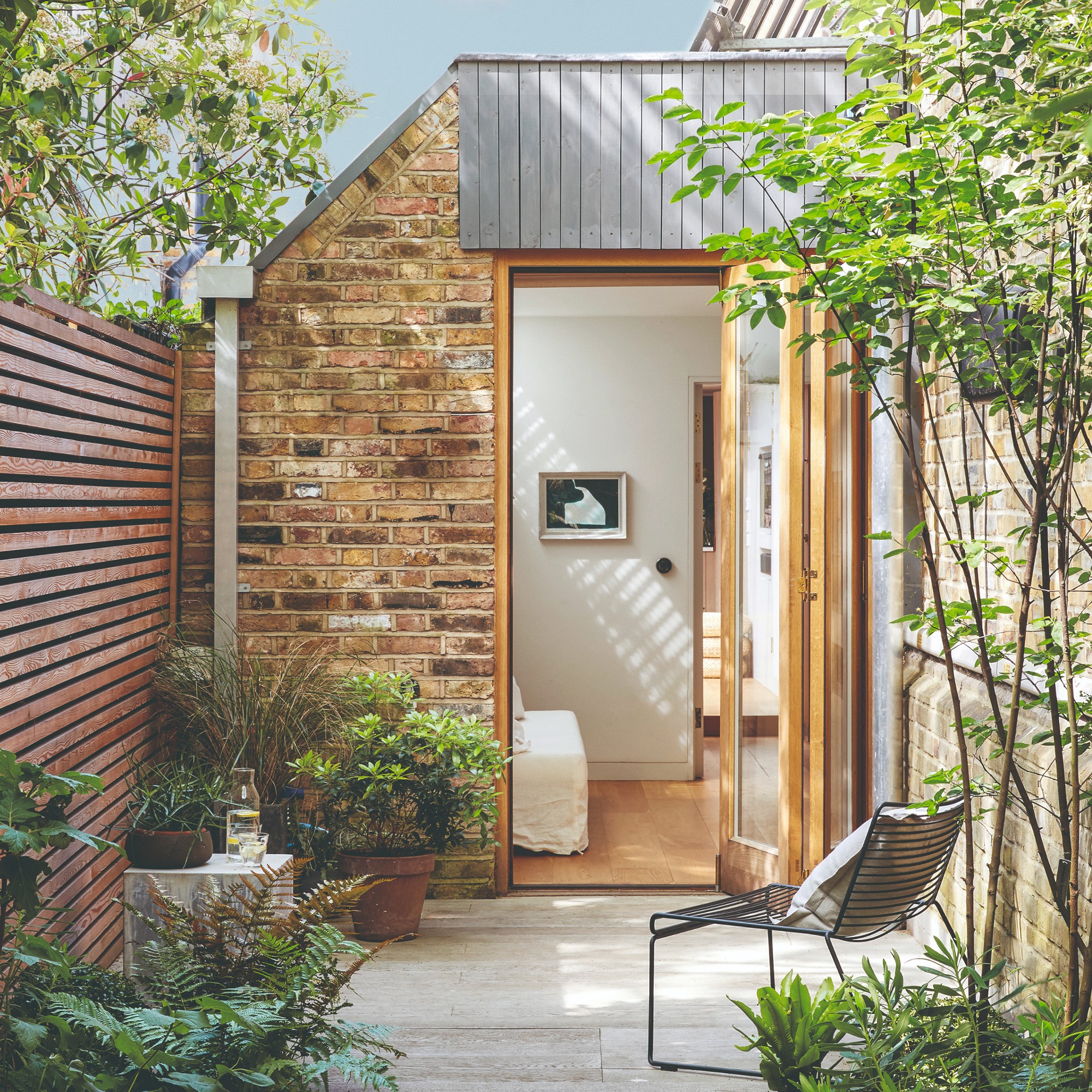
4. 'Can you do the same for less?'
With any substantial home improvement project, budget is understandably a primary concern, but there is a way to talk to your builder about reducing costs without inadvertently causing offence.
‘While budget considerations are crucial, asking a professional to "just make it cheaper" without altering the project scope or materials may undervalue their expertise and the quality of their work. Builders and architects strive to price projects fairly, balancing cost with craftsmanship. If budget concerns arise, it's more productive to engage in a discussion about value engineering,’ shares Lauren Lerner, CEO and founder of Living with Lolo.
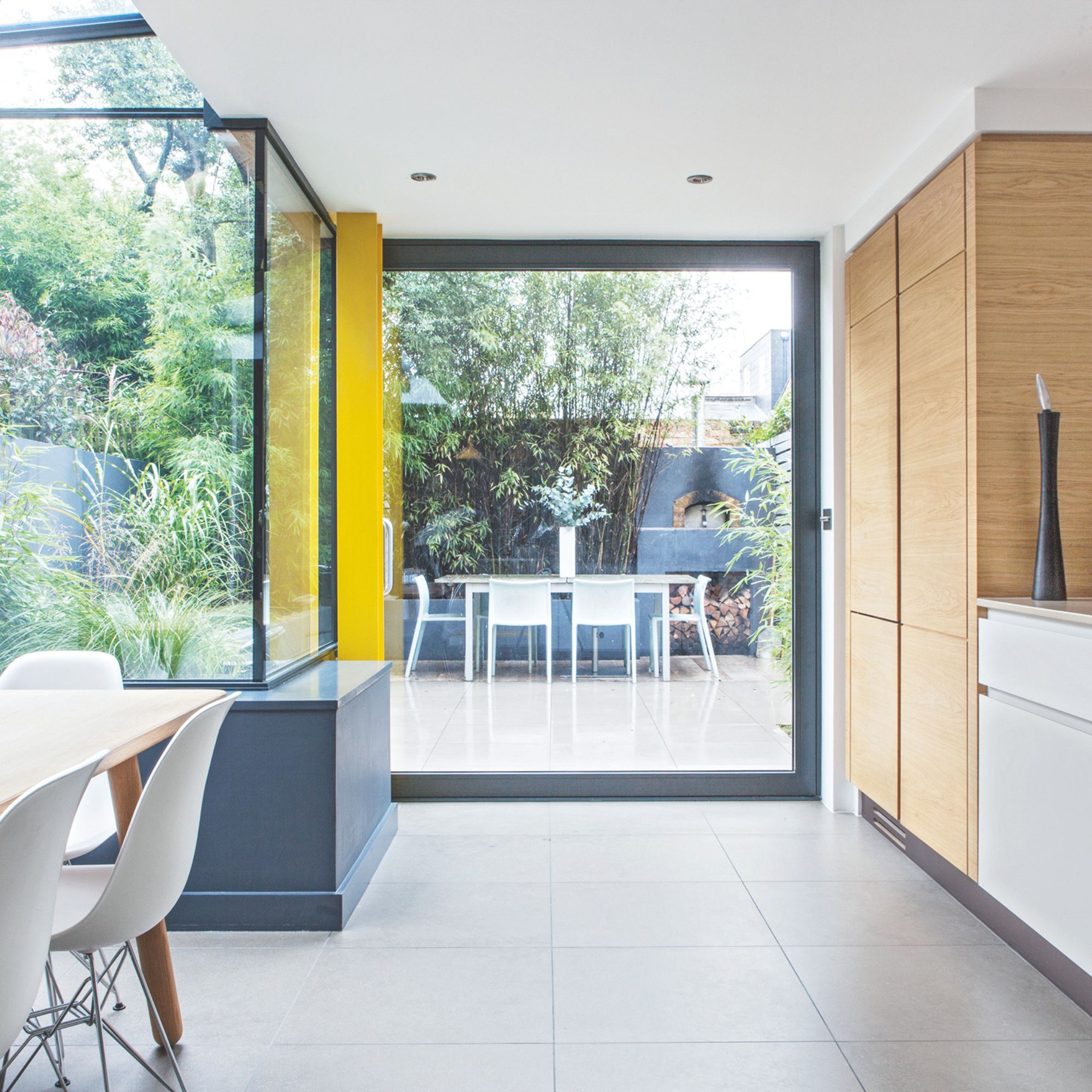
This could include substituting certain materials for less expensive alternatives, without sacrificing quality, or choosing to take on some project management yourself, to reduce costs that way. Involving your builder in these discussions can help you avoid compromising on materials and products that could result in a home that requires constant repairs.
Having a realistic idea of how much an extension costs, or how much it might cost to knock down an internal wall, before you speak to your builder can also help you have realistic expectations beforehand.
5. 'Let's work out the design as we go'
‘If you allow a work to start without fixed costs or a fixed scope, it is a one-way ticket to ever-escalating costs; it can also impact the time of the project as good planning will ensure stages of the project to work within,’ avers Caroline.
Loosely drawn or ambiguous plans can lead to unpleasant surprises on-site. Do your research on extension ideas for bungalows, small homes, apartments, or whatever project you’re planning to undertake, so you have a clear vision of what you want it to look like.
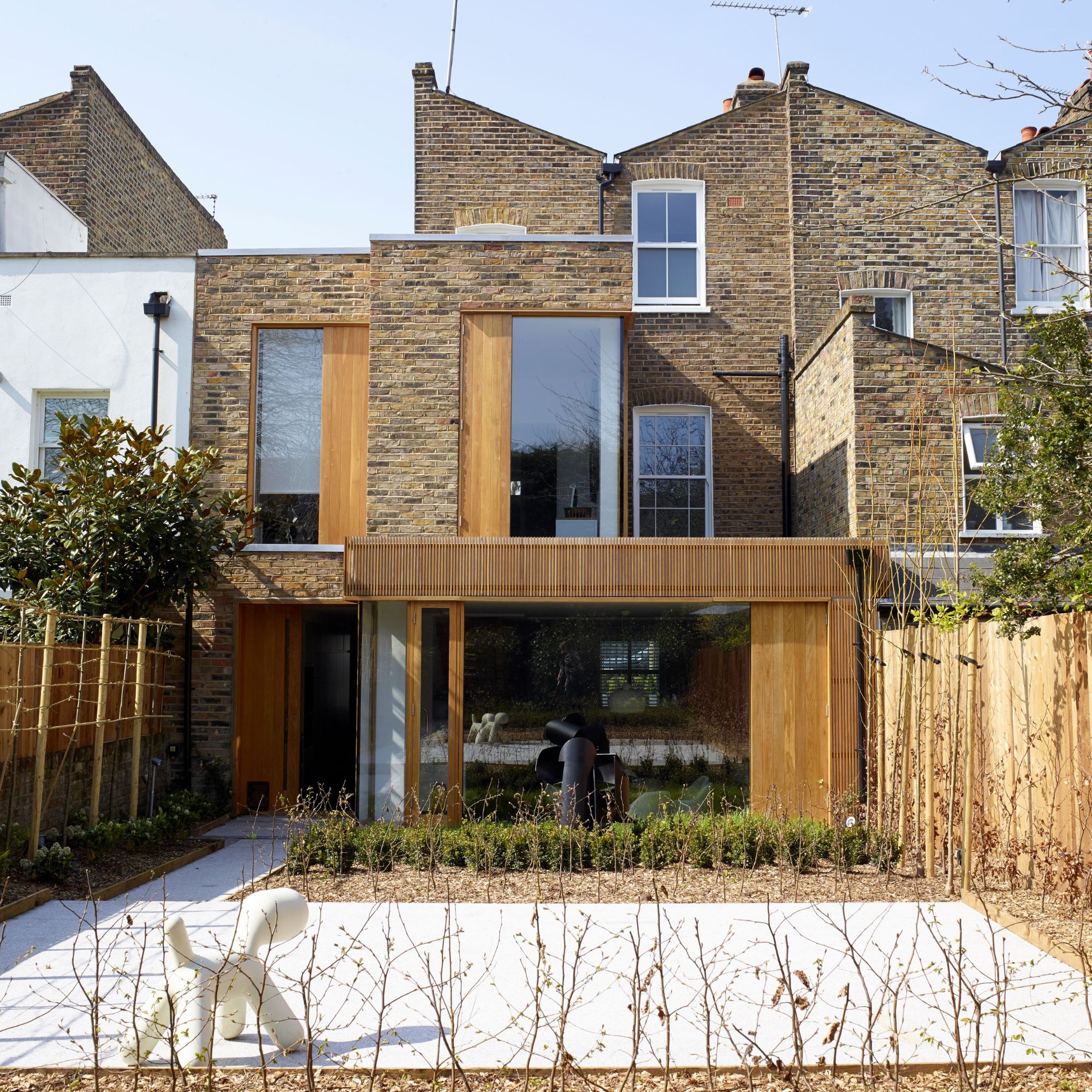
6. 'I've changed my mind'
Whether it's a kitchen extension, a bathroom remodel, or building a shed from scratch, you might decide you want things done differently after work has begun. However, making this decision mid-construction or after the work is completed is likely to leave a sour taste in everyone’s mouth - and a huge hole in your wallet.
‘It's common for clients to rethink design decisions, but altering plans once construction has started can disrupt schedules, escalating costs, which can sometimes mean undoing completed work. If changes are essential, they should be communicated promptly, and clients should be ready for possible effects on both the timeline and budget,’ says Lauren.
To avoid costly changes, especially when you're building an extension, work with an architect. They will work through the design with you, likely coming up with brilliant solutions you've never considered, and avoiding the need to make changes after work has begun.

7. 'I found a cheaper option online'
Finding great products and materials at good prices it a great feeling - especially if your building project is substantial. But it's best to find them before your builder starts the job so they know what they're working with.
‘Switching to cheaper materials or alternatives without consulting can compromise quality or affect the project timeline. Always discuss potential alternatives openly to weigh their benefits and drawbacks with your builder. Remember design professionals and builders generally put forth products they can vouch for. Cheaper online options may look the same, however, they may not meet the same fit-for-purpose standards. Online options may come with weak aftercare support and warranties, not to mention high freight fees should you need to send the items back,’ says Richard.
8. 'Can you just do this one extra thing?'
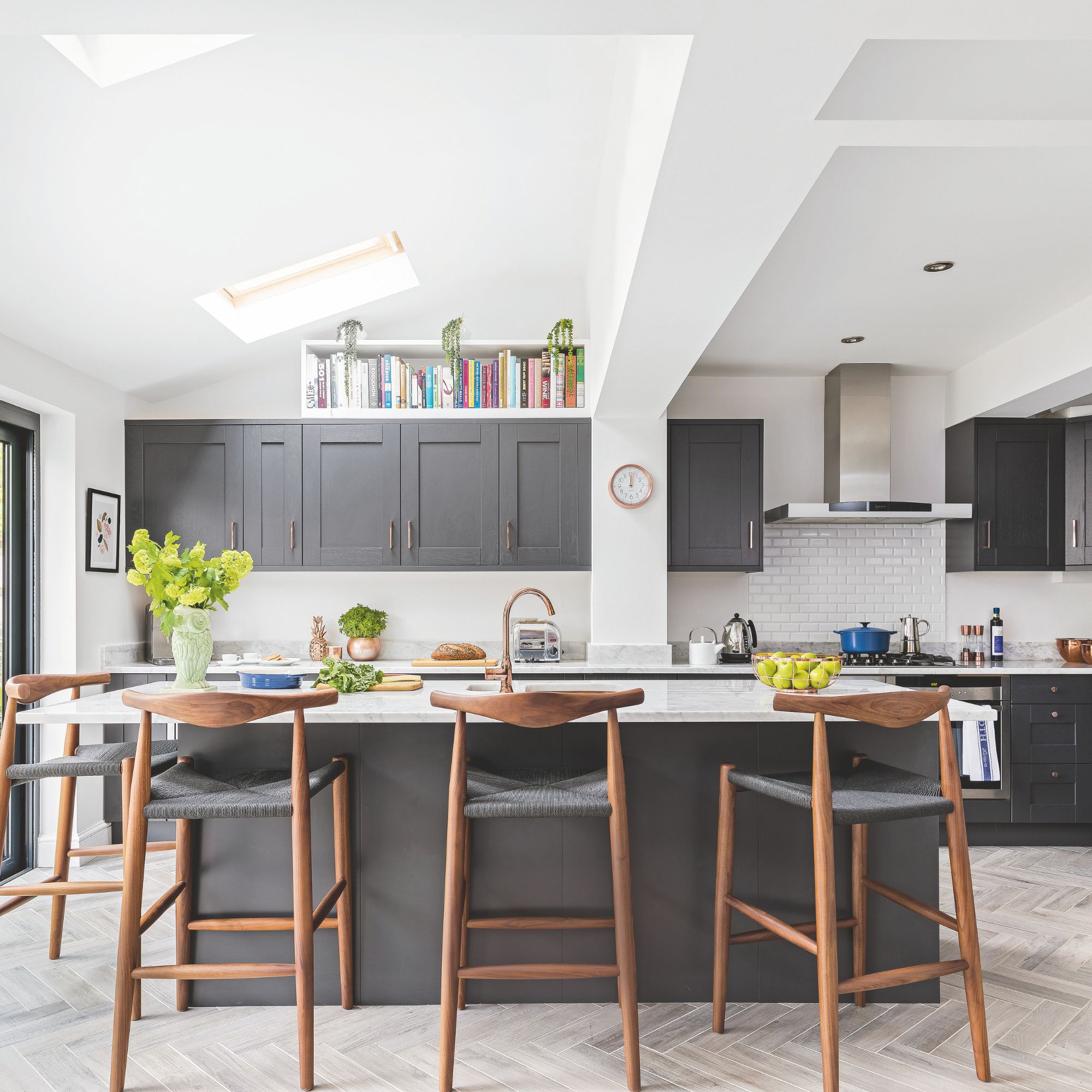
‘This might appear harmless, but such small additions can gradually lead to scope creep. Builders (and other trades) allocate time and resources based on the initial scope of work. Adding tasks informally can disrupt project flow, strain resources, and potentially create tension. To avoid misunderstandings, always formally discuss and document any additional work, ensuring it is properly priced and agreed upon,’ adds Lauren.
Take your time to really think through all your design and material needs before you start the project to save yourself (and your builder) any unnecessary hassle down the line.
FAQs
How can I form a good relationship with my builder?
The first step is to establish good communication with your builder. This will not only help you articulate your needs for the project but also enable them to understand your vision. It’s equally important to identify potential pressure points during the process and discuss these with your builder to maintain a positive working relationship.
Having a clear vision, a set budget, and a strict timeline, all set out in a contract, will make it easier for your builder to deliver the project smoothly. Additionally, schedule regular meetings with your builder to keep those communication channels open.
You should pay your builders on time too, provided you are happy with the work, especially if you might want to work with them again in the future. If you want expensive, bespoke materials, then be prepared to buy these yourself, or pay your builder upfront.
What should I do if my builder is ignoring me?
If your builder is avoiding you or ignoring your reasonable requests, it’s essential to address the situation rather than hoping it will resolve itself. Start by ensuring you’re following the agreed mode of communication. Perhaps your builder prefers phone calls for quick, small requests rather than lengthy emails. Simply picking up the phone instead of sending detailed messages might resolve the issue.
If communication still doesn’t improve, request an in-person or virtual meeting to address the concerns and discuss the project’s progress. Should the situation remain unchanged, consider involving a third-party person to help facilitate discussions and find a resolution.
It’s also wise to keep a record of all communications. After every conversation or agreement, summarise the discussion in an email or text message to ensure you’re both aligned. This documentation could prove invaluable if disputes arise later.
As a final resort, you may need to contact a professional body, such as the Federation of Master Builders (FMB) in the UK, or seek legal advice if the builder continues to be unresponsive.







